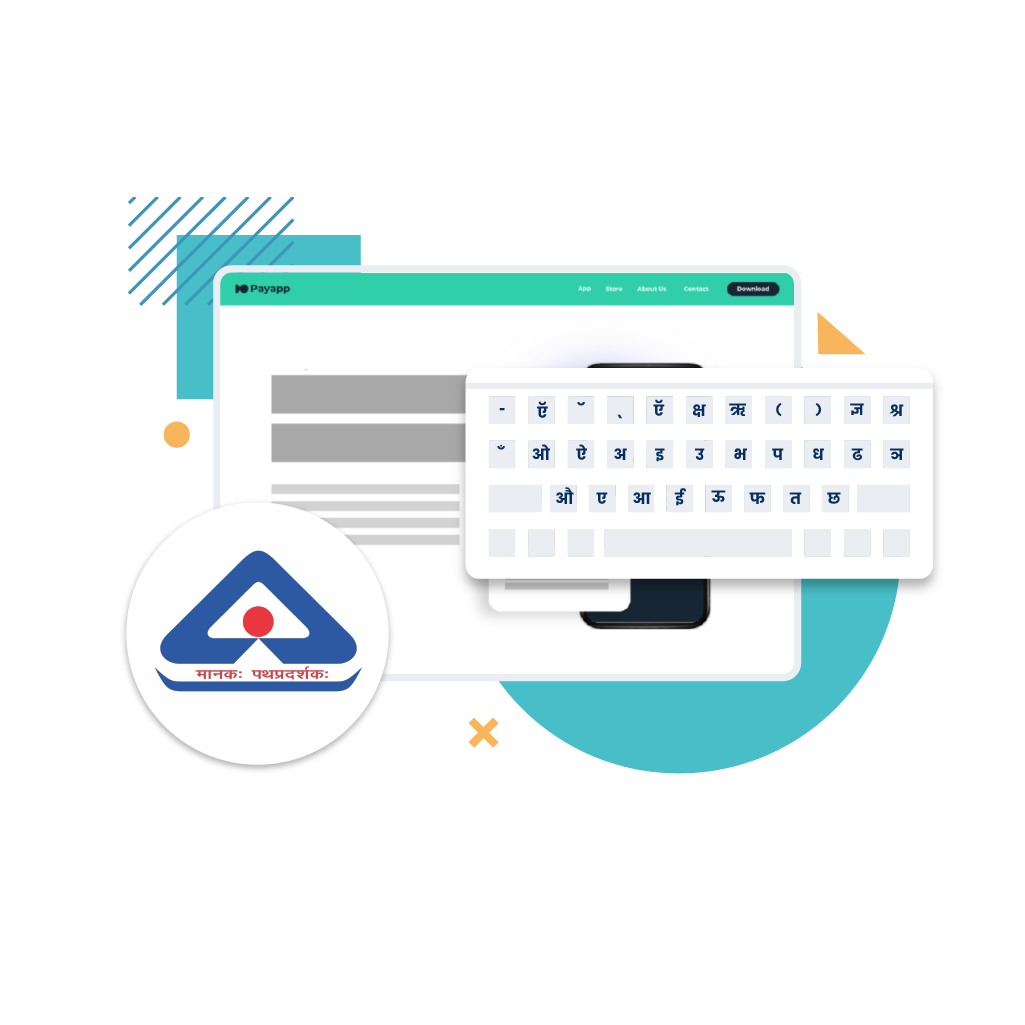Remember the tale of Mercedes-Benz entering the Chinese market, with a brand name, Bēnsǐ, which sounded akin to “Benz”? After translation, it denotes “rush to death,” which is still serving as a stark reminder of the risk businesses can face when they overlook linguistic and cultural nuances in global markets. This example highlights the critical importance of effective communication systems, particularly when scaling operations from local to global.
However, by leveraging an advanced technology such as a multilingual AI bot companies can ensure that their services are accessible, responsive, and culturally relevant for customers across all the markets they serve. It enhances customer engagement by providing support in the language that customers understand best, making every interaction more personal and effective.
Let’s dive into the world of multilingual AI bots which facilitate seamless customer interactions in numerous languages.
How Can Multilingual AI Bots Enhance Business’s Localisation Strategy?
Localisation is key to business success, especially when it comes to customer engagement and support. Multilingual chatbots represent a strategic asset in this regard, providing a robust platform for businesses to serve a diverse customer base across different linguistic backgrounds. Here are some ways these AI-driven systems help companies enhance their localisation strategies:
Breaking Language Barriers
Multilingual chatbots facilitate communication by supporting multiple languages, thus eliminating language barriers that can turn away potential customers. This capability ensures that businesses can serve customers in their preferred language, making interactions smoother and more effective.
Improving Customer Support
By providing support in multiple languages, these AI bots can handle a broader range of customer inquiries with greater accuracy. This improves the efficiency of resolving customer issues and reduces the workload on human customer service agents.
Enhancing User Engagement
When customers interact with chatbots that understand and respond in their native language, the level of engagement increases. A study highlights that 72.4% of consumers said they would are more likely to buy a product from a website that provides information in their own language.
Cost Efficiency
Deploying multilingual chatbots is more cost-effective than hiring multilingual staff or implementing multiple single-language chatbots. Once set up, these AI systems require minimal maintenance compared to the ongoing costs of human resources.
Global Reach and Local Relevance
With multilingual capabilities, chatbots help businesses maintain a global presence while staying locally relevant. They can handle the localisation of communication without the need for extensive reprogramming.
Determining User Language: How Multilingual AI Bots Adapt to Users
To truly globalise, businesses must effectively communicate with customers in their preferred languages. Multilingual AI bots are equipped with mechanisms to identify and adapt to the language preferences of users. Here is how these sophisticated systems determine the language of communication:
- IP-based Recognition: By analysing the IP address of a user, chatbots can infer the geographical location and likely language of the user. This method allows the chatbot to pre-select a language based on the user’s country, providing a tailored starting point for interactions.
- Browser Settings and Preferences: A more personalised approach involves the chatbot detecting the language settings of a user’s web browser. This method ensures that the chatbot communicates in the language that the user has set as their default for web navigation. This makes the interaction seamlessly integrate with the user’s linguistic preferences.
- User Selection: Some systems offer users the option to select their preferred language at the beginning of an interaction. This direct method respects user autonomy by allowing them to choose the language in which they wish to communicate, ensuring clarity and comfort in the dialogue.
- Content-Language Attributes; Utilising the HTML language attributes of the page that the chatbot is interacting on, the bot can match its language to the content viewed by the user. This alignment ensures that the chatbot’s responses are congruent with the linguistic context of the user’s current web activity.
Going Global: The Power of Multilingual AI Bots for Customer Service
The strategic implementation of multilingual AI bots is essential for businesses aiming to excel in the global market. These tools can power your customer service in the following ways:
- Enhanced Accessibility: Multilingual AI bots make services accessible to a wider audience by communicating in multiple languages. This feature is crucial in regions with high linguistic diversity, ensuring that all customers can access services in their preferred language.
- Improved Customer Satisfaction: Providing support in a customer’s native language significantly boosts their confidence in the service. Multilingual bots facilitate smoother, clearer communication, reducing misunderstandings and increasing the likelihood of first-contact resolution.
- Operational Efficiency: These AI bots ease the burden on human agents by automating responses and handling queries in various languages. This leads to quicker response times and allows human resources to be redirected towards handling more complex issues, enhancing overall efficiency.
- Scalability Across Markets: Multilingual capabilities allow businesses to expand their reach without the substantial costs required in setting up multilingual support teams. AI bots can effortlessly handle interactions across different linguistic demographics, making global expansion more feasible.
Customisable and Adaptable: The flexibility to customise interaction flows and responses without significant changes to the backend is a major advantage of AI bots. Businesses can adapt their communication strategies based on evolving market needs and customer feedback, ensuring that their services remain relevant and effective.
Introducing IndoCord: Your Gateway to Multilingual Bot Solutions
IndoCord, developed by Reverie Language Technologies, stands as a key tool for companies seeking to scale their businesses with multilingual AI bots. It enables dynamic, seamless interactions across various Indian languages. It extends beyond mere translation, offering comprehensive support and integration capabilities for voice and text-based interactions.
The platform provides a robust solution for enterprises and governments to enhance their service accessibility. With this platform, users can engage with services through voice commands in their preferred language. This capability ensures that even non-English speakers can effectively interact with automated services, making digital platforms truly accessible to all.
IndoCord can enhance user experiences by integrating intelligent response systems. It can handle diverse inputs, including mixed-language queries, and provide appropriate feedback or actions based on user interactions. Whether it’s handling inquiries, processing requests, or managing transactions, IndoCord ensures that every interaction is smooth, efficient, and culturally relevant.
With IndoCord, businesses are well-equipped to offer personalised, engaging, and accessible bot solutions that resonate with a global audience. Experience it firsthand by booking a free demo today!


